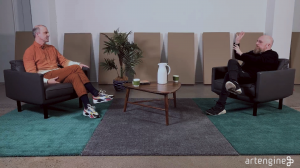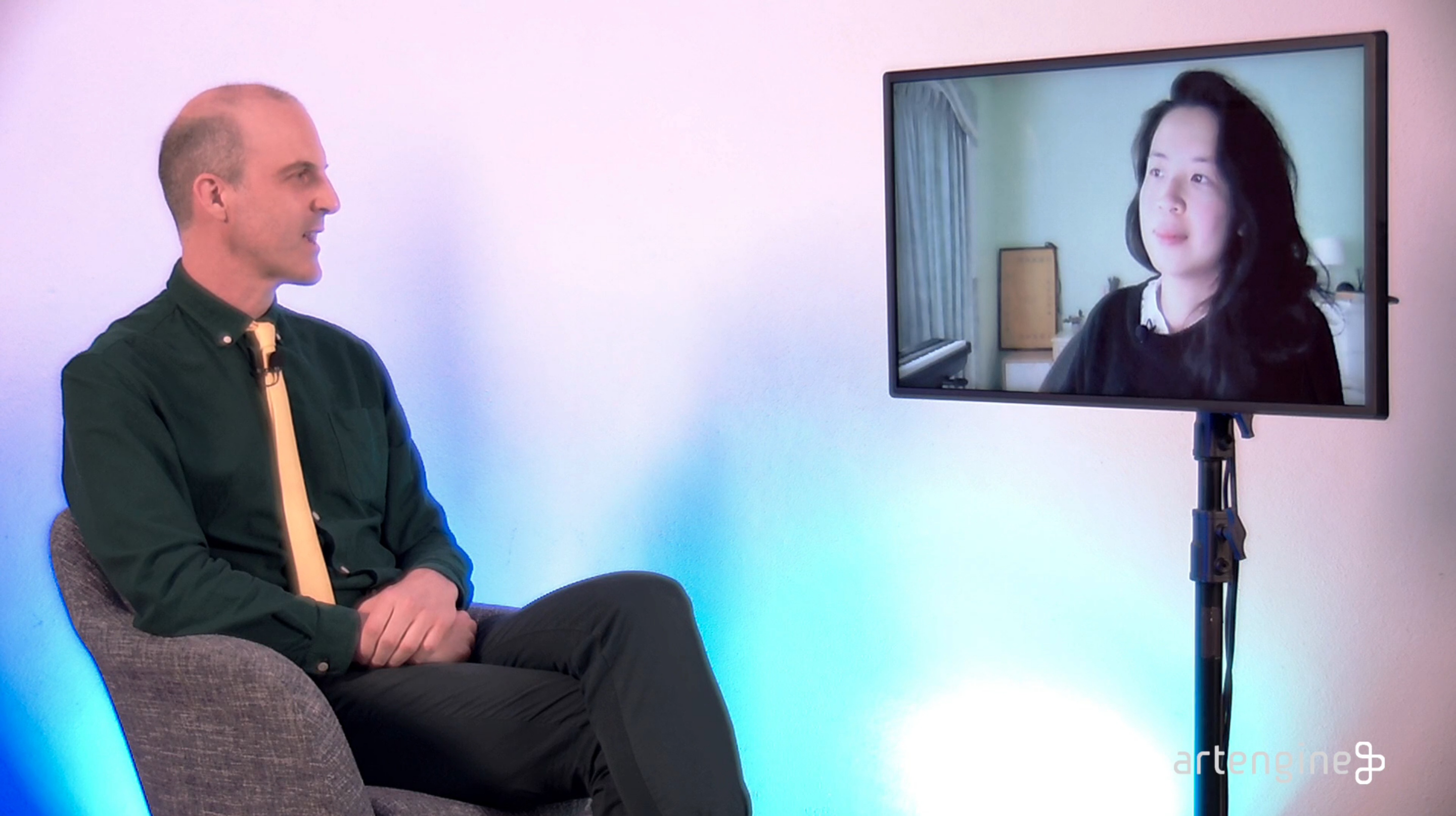
Organizing Creative Labour
In this conversation Tim Maughan chats with us about digital infrastructure, the role of organized labour in the creative landscape, and the DEL project Artwork_Local404. Join us, as we discuss technology and capitalism, the benefits of organizing, and what form collective action might take. Maughan also talks about how we need to rethink many of the platforms of tools of the digital world as public infrastructure: this may change how we understand what the government could do with them.

